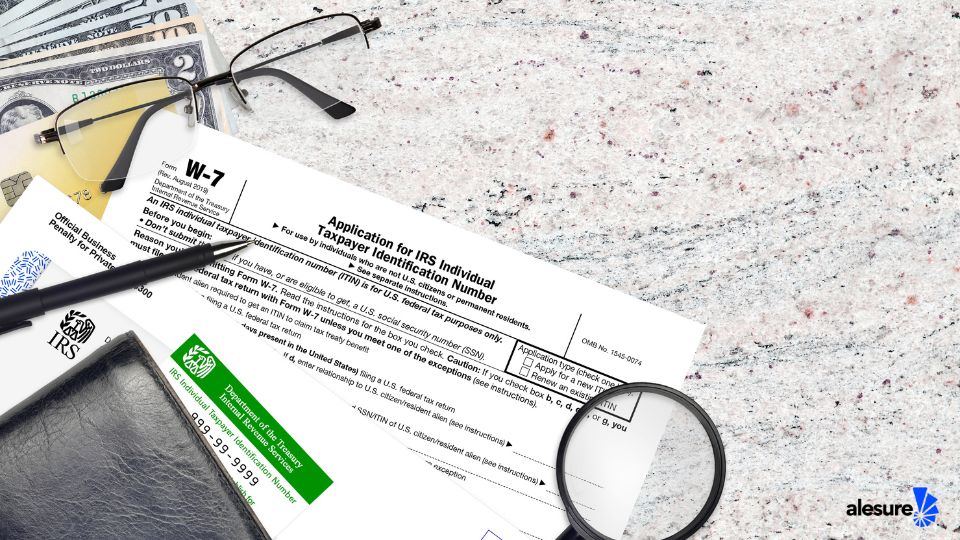Tax debt can be a daunting burden, especially when penalties are added to the balance for late or no payment, as well as the interest that’s added everyday. If you owe over $20,000 in tax debt, it’s crucial to understand how these penalties work, why they accumulate, and the strategies available for removing them.
Addressing your tax debt proactively with different tax relief programs can save you thousands of dollars, stress, and legal complications. Fortunately, with the right approach and professional help, there are effective ways to manage and even eliminate these penalties.
What Are Tax Debt Penalties?
Tax debt penalties are additional charges imposed by the IRS on taxpayers who fail to meet their tax obligations. These penalties can arise from various circumstances, including:
- Failure to File: If you don’t file your tax return by the due date, the IRS can impose a penalty, usually 5% of the unpaid taxes for each month the return is late, up to a maximum of 25%.
- Failure to Pay: If you file your return but don’t pay the taxes you owe, the IRS can charge a penalty, typically 0.5% of the unpaid taxes for each month the taxes remain unpaid, also up to a maximum of 25%.
- Accuracy-Related Penalty: If the IRS finds that you underpaid your taxes due to negligence, a substantial understatement of tax, or other reasons, they may impose a penalty of 20% of the underpaid amount.
- Trust Fund Recovery Penalty: For business owners, this penalty applies if you’re responsible for collecting, accounting for, or paying withheld income and employment taxes and fail to do so.
These penalties can quickly add up, making an already difficult financial situation even worse. For example, if you owe $20,000 in unpaid taxes, penalties and interest could easily push that amount well beyond $25,000 in just a few months.

Ways to Remove or Reduce Tax Debt Penalties
Fortunately, there are several strategies you can use to remove or reduce tax debt penalties. Each option has specific criteria that must be met, and the success of these strategies often depends on how well they are presented to the IRS.
- Penalty Abatement: The IRS may agree to waive penalties if you can demonstrate reasonable cause for failing to meet your tax obligations.
This could include situations such as serious illness, natural disasters, or other circumstances beyond your control. To succeed with a penalty abatement request, it’s important to provide thorough documentation and a clear explanation of your situation. - First-Time Penalty Abatement: If you have a good track record with the IRS and this is your first time incurring penalties, you might qualify for a First-Time Penalty Abatement.
This program allows the IRS to remove penalties for one tax year if you meet the criteria, including having no penalties in the previous three years and filing all required tax returns. - Installment Agreement: If you can’t pay your tax debt in full, the IRS might agree to an installment plan, allowing you to make monthly payments.
While interest and penalties will continue to accrue, the penalties may be reduced if you demonstrate that you’re making a good faith effort to pay your debt. - Offer in Compromise (OIC): An OIC allows you to settle your tax debt for less than the full amount you owe if you can prove that paying the full amount would create financial hardship.
The IRS considers several factors, including your income, expenses, and asset equity, to determine whether to accept an OIC. - Currently Not Collectible Status: If you’re facing significant financial difficulties, you may be able to have your account classified as “currently not collectible,” meaning the IRS temporarily suspends collection efforts.
While penalties and interest will continue to accrue, this status can provide immediate relief and buy time to improve your financial situation.
Take Control of Your Tax Debt Today
Dealing with tax debt over $20,000 can feel overwhelming, but you don’t have to face it alone. Alesure team with our exceptional experience in reducing and eliminating tax debt for our clients is here to help you navigate the complexities of tax debt and work toward a resolution that minimizes your financial burden.
Whether you need help negotiating with the IRS, applying for penalty abatement, or setting up an installment agreement, our team of experts is here to assist you every step of the way.
Don’t let tax debt penalties control your financial future. Contact us today to explore your options and take the first step toward resolving your tax debt. With professional guidance, you can reduce or eliminate penalties and find a path to financial freedom.




